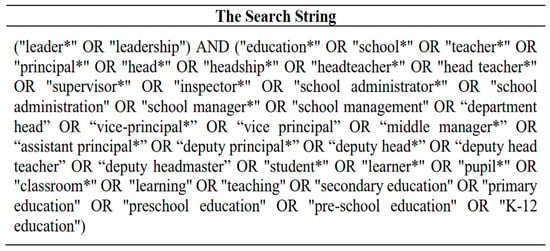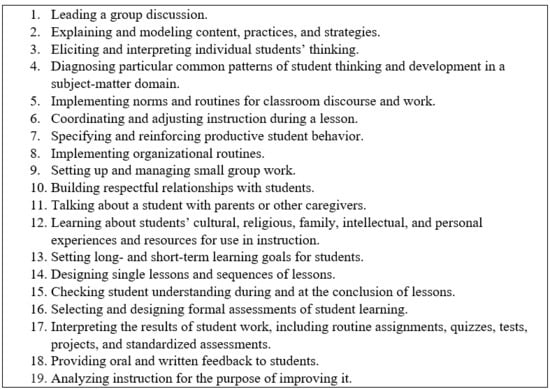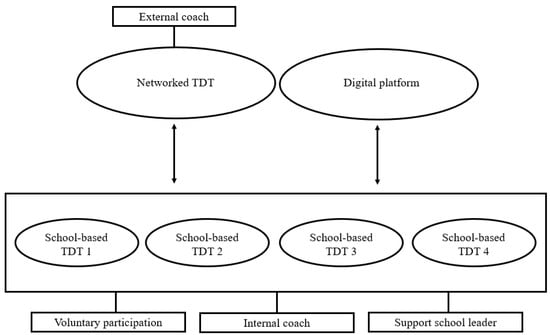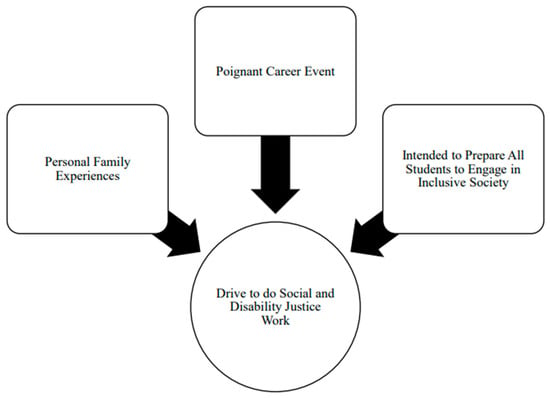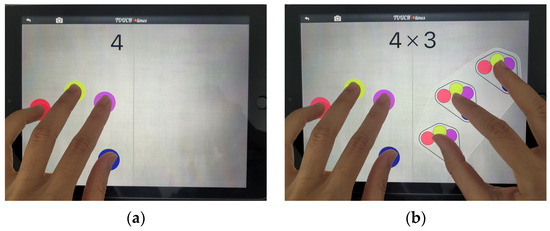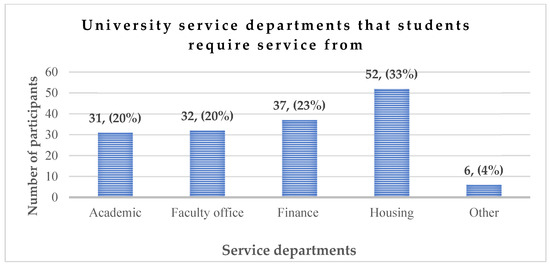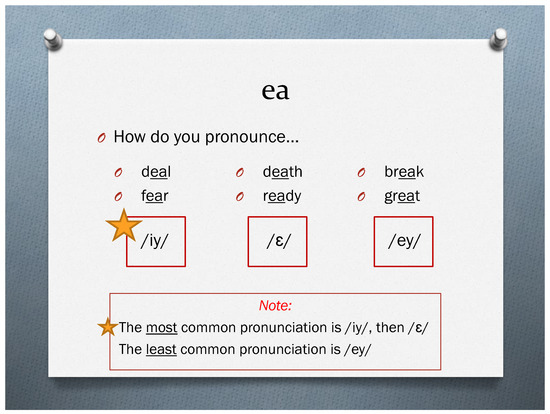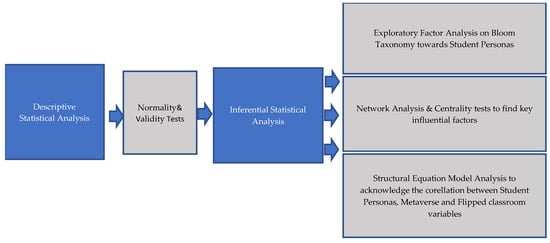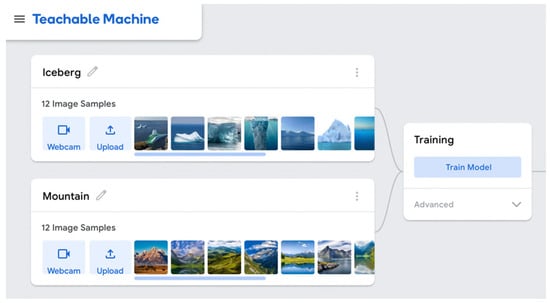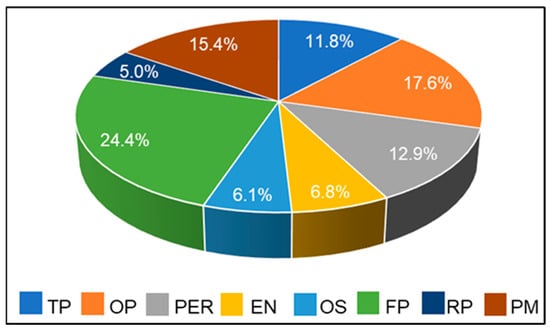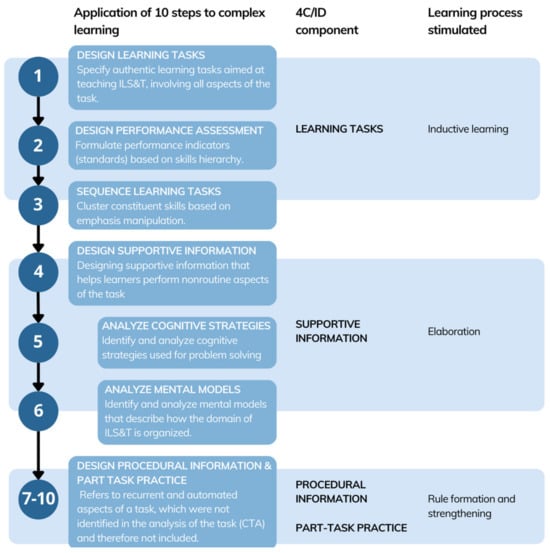Journal Description
Education Sciences
- Open Access— free for readers, with article processing charges (APC) paid by authors or their institutions.
- High Visibility: indexed within Scopus, ESCI (Web of Science), Educational Research Abstracts, PscyInfo, and other databases.
- Journal Rank: CiteScore - Q1 (Education)
- Rapid Publication: manuscripts are peer-reviewed and a first decision is provided to authors approximately 24.9 days after submission; acceptance to publication is undertaken in 3.7 days (median values for papers published in this journal in the second half of 2023).
- Recognition of Reviewers: reviewers who provide timely, thorough peer-review reports receive vouchers entitling them to a discount on the APC of their next publication in any MDPI journal, in appreciation of the work done.
Latest Articles
E-Mail Alert
News
Topics
Deadline: 31 May 2024
Deadline: 15 June 2024
Deadline: 31 August 2024
Deadline: 25 December 2024
Conferences
Special Issues
Deadline: 19 April 2024
Deadline: 30 April 2024
Deadline: 15 May 2024
Deadline: 31 May 2024





